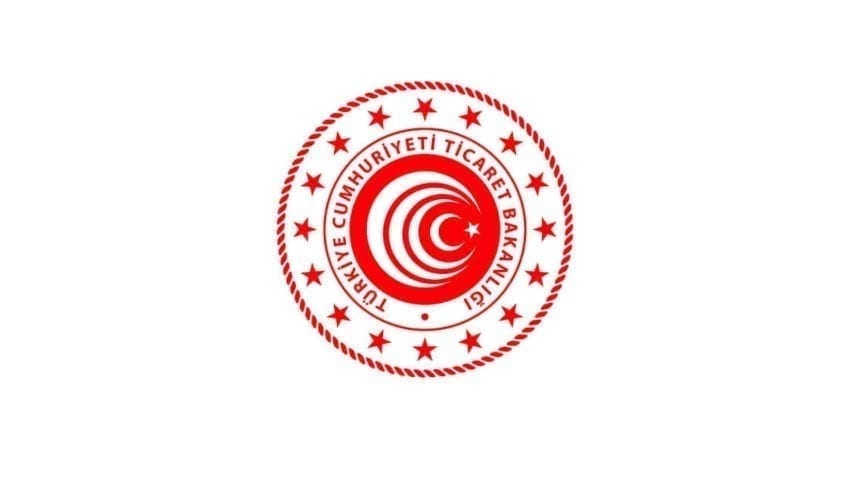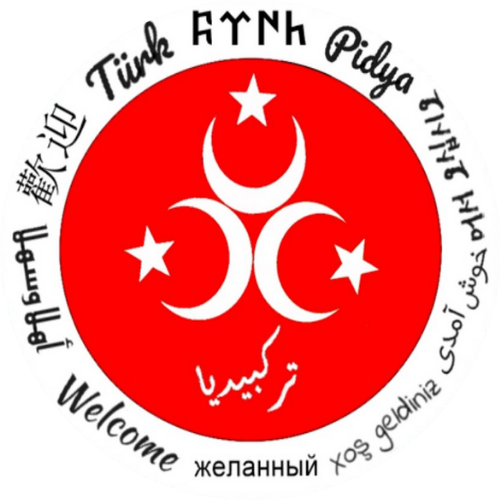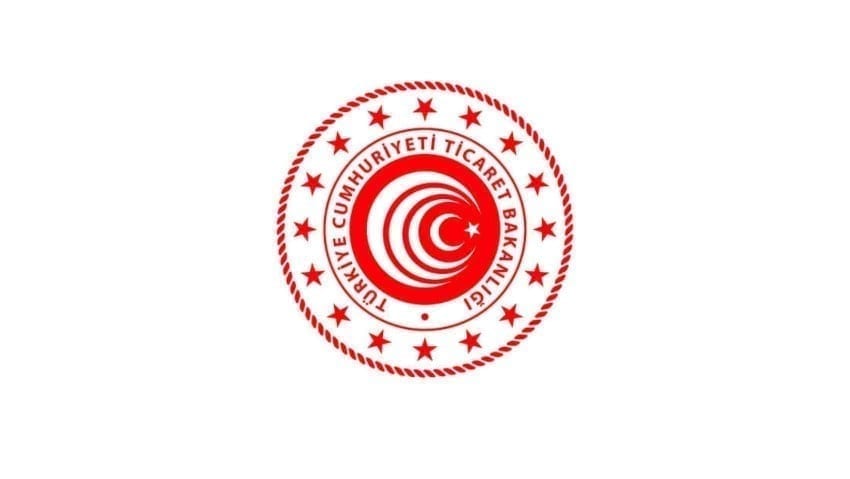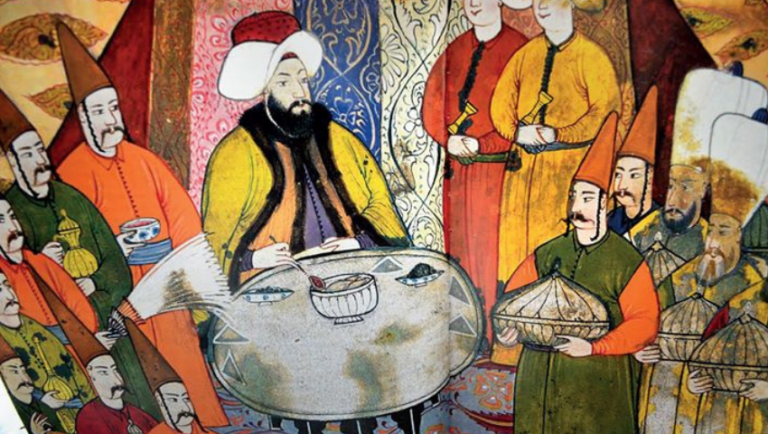Turkish Ministry of Trade: The 2026 Strategy & Business Guide
Table of Contents
The Turkish Ministry of Trade (Ticaret Bakanlığı) is far more than a bureaucratic checkpoint. It is the strategic architect behind an economy generating over $1 trillion in GDP and serving as the logistical bridge between Europe, Asia, and the Middle East.
For foreign investors and exporters, this Ministry is the ultimate gatekeeper. It doesn’t just dictate tariffs; it is actively engineering Turkey’s transformation into a global manufacturing alternative to China. Whether you are analyzing Turkey’s foreign trade indices or planning a market entry, understanding this institution is your first step toward success.

The 2024-2028 Strategic Pivot: Why It Matters
The Ministry isn’t just managing the status quo; it is aggressively diversifying. Its current strategic roadmap (valid through 2028) rests on two pillars that directly impact international partners:
- The “Far Countries Strategy” (Uzak Ülkeler Stratejisi): Traditionally, Turkish exports flowed into the EU. Now, the Ministry is pivoting to quadrupling exports to 18 distant markets, including the USA (targeting $100 billion in trade volume), China, and Brazil. If you are sourcing from these regions, expect new incentives.
- Green Deal & Digitalization: To protect its dominance in the European supply chain, the Ministry is enforcing strict alignment with the EU’s “Green Deal.” This is critical for heavy industries, from the top 15 Turkish shipyards to textile giants, which must now meet rigorous carbon compliance standards.
Core Functions: Beyond the Red Tape
While its mandate is vast, for a foreign business, the Ministry’s operations boil down to three critical areas:
1. Trade Diplomacy & Market Access
The Ministry negotiates Free Trade Agreements (FTAs) and supports Turkish conglomerates on the global stage. It acts as the business development arm of the government, often paving the way for the country’s largest industrial players.
2. Customs & Border Security
This is where the rubber meets the road. The Ministry controls the customs gates, ensuring:
- The speed of logistics corridors.
- Anti smuggling operations.
- Tariff enforcementa crucial detail whether you are importing raw materials or navigating the legalization of foreign documents for your goods.
3. Internal Market Watchdog
Domestically, the Ministry regulates competition and consumer protection. It enforces quality standards on everything from food safety to the durability of textiles.
Leadership & Structure
Headquartered in Ankara, the Ministry operates a vast network of regional directorates and commercial attachés in nearly every major global capital. For foreign investors, these attachés are often the best initial point of contact.
The Minister
As of late 2025, the Ministry is led by Prof. Dr. Ömer Bolat (appointed June 2023). A seasoned economist and academic, Bolat has been instrumental in driving the “Far Countries” initiative and digitizing customs infrastructure to reduce processing times.

A Legacy of Trade: 1840 to Today
The institution’s DNA is deeply historical. It was founded in 1840 under Sultan Abdülmecid I as the “Ministry of Trade and Agriculture” to modernize the Ottoman economy.
Symbolism in the Logo: The 16 stars in the Ministry’s official emblem aren’t decorative. They represent the 16 great Turkish empires of history, while the central crescent and star signify the modern Republica reminder that trade has always been central to Turkish statecraft.
Contact Guide for Businesses
If you are facing customs bottlenecks or need investment clarification, going straight to the source is often necessary. The Ministry maintains two primary campuses in Ankara.
Official HQ Addresses (Ankara):
- Söğütözü Campus: Söğütözü Mah. 2176. Sk. No: 63, 06530 Çankaya / Ankara
- Eskişehir Road Campus: Dumlupınar Bulvarı No: 151, Eskişehir Yolu 9. Km, 06530 Çankaya / Ankara
Switchboard: +90 312 204 75 00
Website: trade.gov.tr (English & Turkish)
Practitioner’s Tip: Dealing with unfair competition or suspecting smuggling? Don’t just call. Use the official Online Reporting Portal for a faster, documented response.







